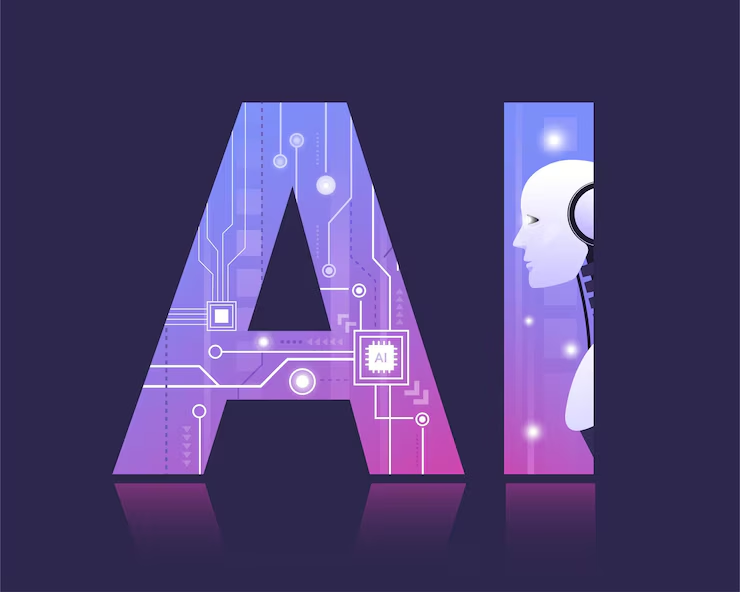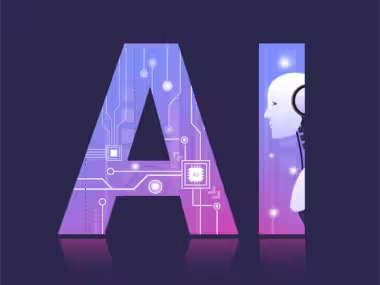Customer Experience and Cost-Savings Through AI for the Future
Artificial Intelligence (AI) is not just a buzzword; it represents a fundamental shift in how businesses operate, particularly in enhancing customer experience and achieving cost savings. As we look to the future, companies that embrace AI technologies stand to gain a competitive edge. This article explores how AI transforms customer experience while contributing to significant cost savings for businesses.
The Evolution of Customer Experience
Over the years, customer expectations have evolved dramatically. Today’s consumers demand personalized interactions, seamless service, and quick resolutions. Businesses must adapt to these changing expectations to stay relevant. By leveraging AI, companies can offer tailored experiences that resonate with their customers.
Personalized Interactions
AI enables businesses to analyze vast amounts of customer data, allowing for a deeper understanding of individual preferences and behaviors. For example, AI algorithms can predict customer needs based on their past interactions, thereby providing personalized recommendations. This level of customization enhances the customer experience and increases the likelihood of repeat purchases. According to a study by McKinsey, personalization can lead to a 10-30% increase in revenue for companies that effectively implement AI.
Seamless Service
The integration of AI-powered chatbots and virtual assistants in customer service is a game changer. These tools provide 24/7 support, answering queries and resolving issues in real-time. This reduces wait times and enhances customer satisfaction. A report by Gartner indicates that by 2025, 75% of customer interactions will be managed without a human agent. This trend underscores AI’s role in streamlining service delivery while maintaining high levels of customer satisfaction.
Quick Resolutions
AI can analyze customer issues and provide solutions faster than human agents. For instance, AI-driven analytics can identify common customer problems, allowing companies to address these issues proactively. As a result, businesses can reduce the time it takes to resolve customer inquiries, fostering a positive experience. This quick turnaround time not only delights customers but also reduces operational costs associated with prolonged support interactions.
Cost Savings Through Automation
In addition to enhancing customer experience, AI significantly contributes to cost savings. Companies can automate routine tasks, allowing employees to focus on higher-value activities. This automation reduces labor costs and increases overall productivity.
Streamlining Operations
AI can optimize various business processes, from supply chain management to inventory control. By analyzing data patterns, AI can predict demand, helping businesses make informed decisions about stock levels. This reduces the costs associated with overstocking and stockouts, which can negatively impact customer satisfaction. Moreover, AI-driven insights can help companies identify inefficiencies, allowing them to streamline operations and reduce operational costs.
Reducing Labor Costs
As AI takes over repetitive tasks, businesses can optimize their workforce. For instance, chatbots can handle a significant volume of customer inquiries, reducing the need for large customer service teams. This not only cuts labor costs but also allows companies to allocate resources more efficiently. A study by Accenture found that AI could increase labor productivity by up to 40%, demonstrating the potential for substantial cost savings.
Enhancing Marketing Efficiency
AI also revolutionizes marketing strategies, enabling businesses to target their audiences more effectively. With predictive analytics, companies can identify the most promising leads and tailor their marketing efforts accordingly. This targeted approach leads to higher conversion rates and reduced marketing expenses. A report by eMarketer reveals that businesses leveraging AI for marketing see a 10-20% reduction in overall marketing costs.
The Future of AI in Business
Looking ahead, the integration of AI in customer experience and cost-saving measures will only grow. Businesses must stay ahead of the curve by continually evolving their AI strategies to meet changing customer demands and market conditions.
Embracing New Technologies
As AI technologies advance, companies should be open to adopting new tools and solutions. For instance, integrating AI with the Internet of Things (IoT) can further enhance customer experiences by providing real-time data and insights. This integration will allow businesses to offer more personalized and timely services.
Fostering a Data-Driven Culture
To fully leverage AI’s potential, organizations must foster a data-driven culture. This involves encouraging employees to use data in decision-making processes and investing in training programs that enhance data literacy. By empowering teams to make data-informed decisions, businesses can harness AI’s capabilities more effectively.
Building Customer Trust
As companies increasingly rely on AI, building customer trust becomes paramount. Transparency in how customer data is collected and used will foster trust and enhance the overall experience. Companies that prioritize ethical AI practices and prioritize customer privacy will likely gain a competitive advantage.
Conclusion
AI’s role in enhancing customer experience and driving cost savings is undeniable. As businesses look to the future, those that invest in AI technologies will be better positioned to meet evolving customer expectations and operate more efficiently. By embracing personalization, seamless service, and automation, companies can create a compelling value proposition for their customers while achieving significant cost reductions.
In the ever-changing landscape of business, staying ahead means adapting to new technologies and prioritizing customer needs. By leveraging AI, businesses can unlock new levels of efficiency and satisfaction.






